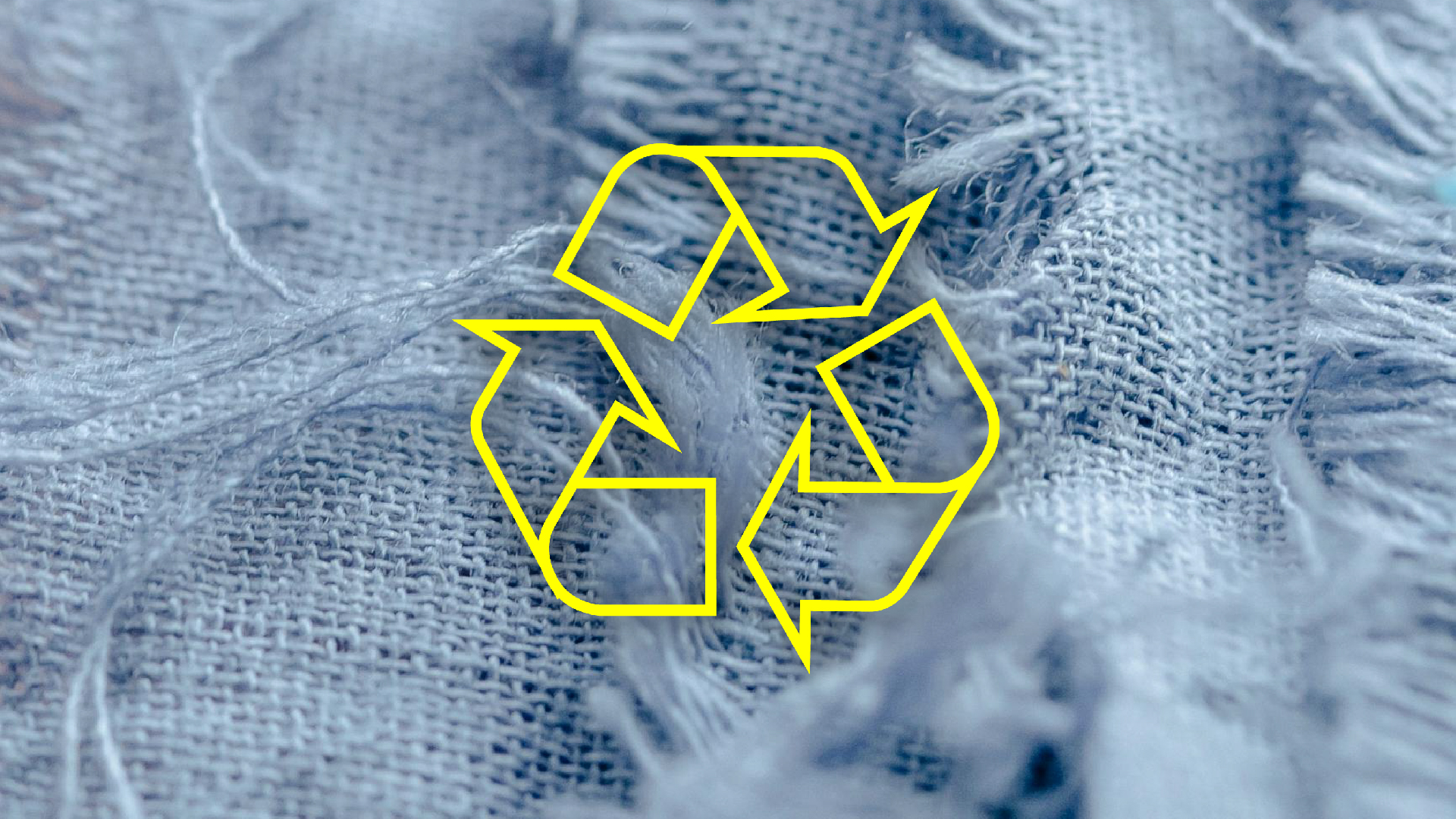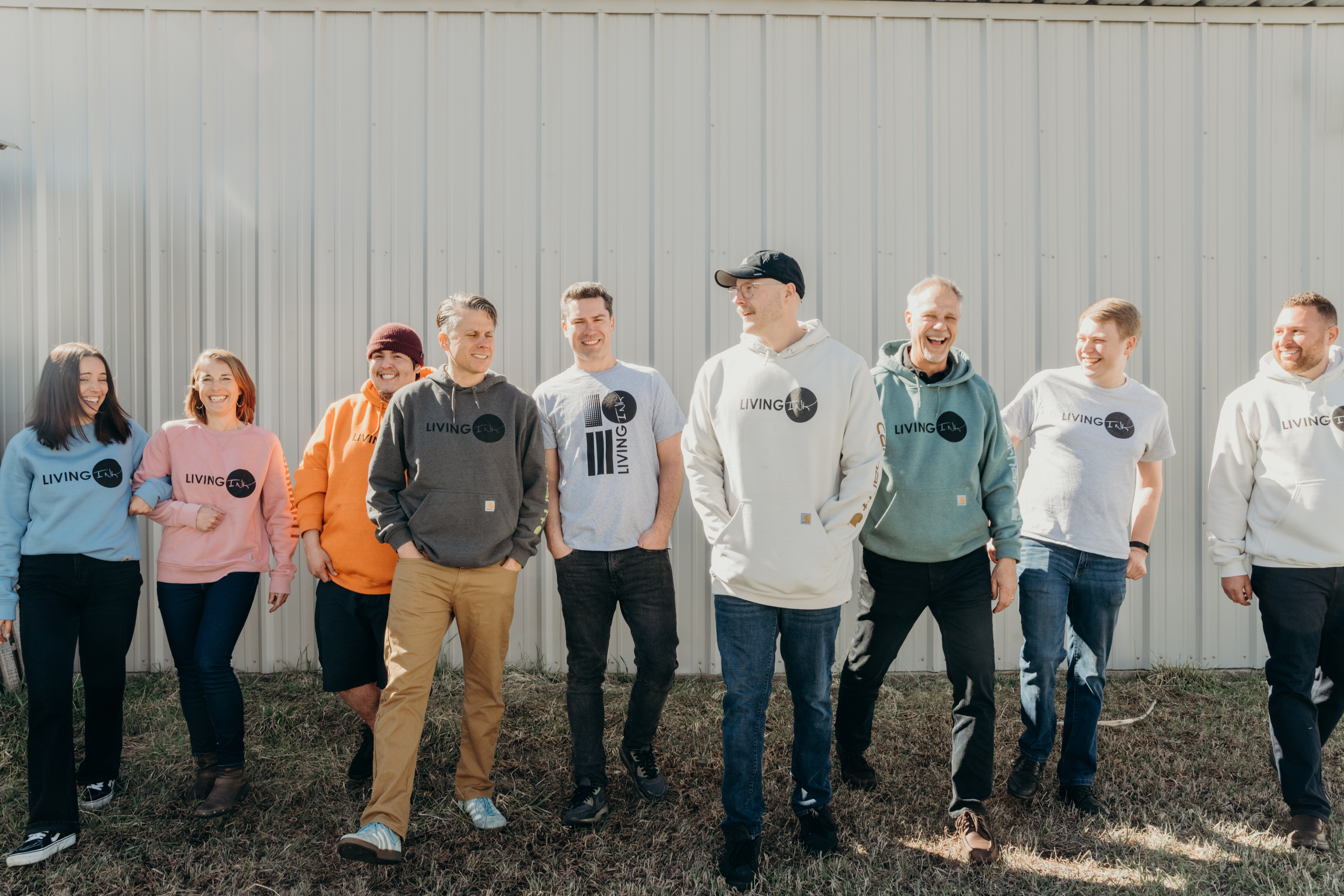Creating a Circular System to Accelerate Textile Recycling
Image by Presstigieux
27 October 2022
Amsterdam – A consortium of 12 major players from across the entire recycling value chain, along with research institutes, has launched an innovative European Union (EU) funded project to create a circular system for post-consumer textile waste. The T-REX Project (Textile Recycling Excellence) will work to create a harmonised EU blueprint for closed-loop sorting, and recycling of household textile waste. Transforming end-of-use textiles, from waste, into a desired feedstock, and a commodity for new business models that can be adopted at scale.
The New T-REX Project Launches to Drive Closed-Loop Sorting, and Recycling of Household Textile Waste Across the EU
The project aims to contribute to understanding and identifying the infrastructure, technology and policy needed to encourage the growth of circular value chains in the textile industry. The partners will work towards developing a systematic approach to addressing the problem of textile waste, resource preservation and reduction of the environmental footprint of the fashion industry.
Immense Opportunity to Accelerate Textile Recycling
It is currently estimated that only 2% of post-consumer textiles in Europe are diverted to fibre-to-fibre recycling. Creating a circular system for post-consumer textile waste currently faces many challenges, including a lack of standards for collecting and sorting textile waste across countries, inaccurate composition claims, uneven quality of materials, and a lack of reliable data across value chain stakeholders.
The T-REX Project will increase knowledge on the systemic change required to scale fibre-to-fibre recycling, adding to previous studies that include the Fashion for Good and Circle Economy’s recent ‘Sorting for Circularity Europe’ Report. The analysis, of which, indicates that 74% of low value, post-consumer textiles are readily available for fibre-to-fibre recycling in six European countries, offering an immense opportunity to accelerate textile recycling through an innovative integrated approach.
A Consortium of Cross-Industry Leaders
Over a three-year period, the T-REX Project will collect and sort household textile waste and demonstrate the full recycling process of polyester, polyamide 6, and cellulosic materials from textile waste into new garments. Simultaneously, the Project aims to demonstrate sustainable and economically feasible business models for each actor along the value chain, conduct lifecycle analysis of the circular process, integrate digital tools that streamline the process of closed-loop textile recycling, and produce circular design guidelines.
Veolia, will lead the post-consumer textile waste collection, sorting, and division to work with the feedstock needs of the respective textile recycling technologies of Infinited Fiber Company, BASF, and CuRe.
The recycled fibres will be converted to yarn by European manufacturers Linz Textil and TWD Fibres, from which adidas will create demonstration products with end of life in mind.
FAU will support the project with analytical expertise to maximise the conversion of multi-fibre textile waste into recycled fibre, and Aalto University will conduct citizens’ engagement activities to raise awareness of textile recycling practices and analyse social impact.
Fashion for Good will lead industry communications, and conduct business viability and digital integration activities, supported by Quantis and Arapaha who will collect and analyse data from across the value chain for sustainability assessments and digital solution recommendations.
The project ultimately aims to contribute to a paradigm shift through understanding and identifying the infrastructure, technology, and policy needed to encourage the growth of circular value chains. It will work towards developing a systemic approach to addressing the problem of textile waste, whilst also assessing how to empower citizens to actively engage and contribute towards building a holistic solution to one of fashion’s biggest sustainability challenges.
Other Articles

In conversation with Smartex: Explore Smartex’s AI-driven solutions transforming quality control and reducing waste

Fashion for Good and Textile Exchange Team Up to Trace Textile Waste

